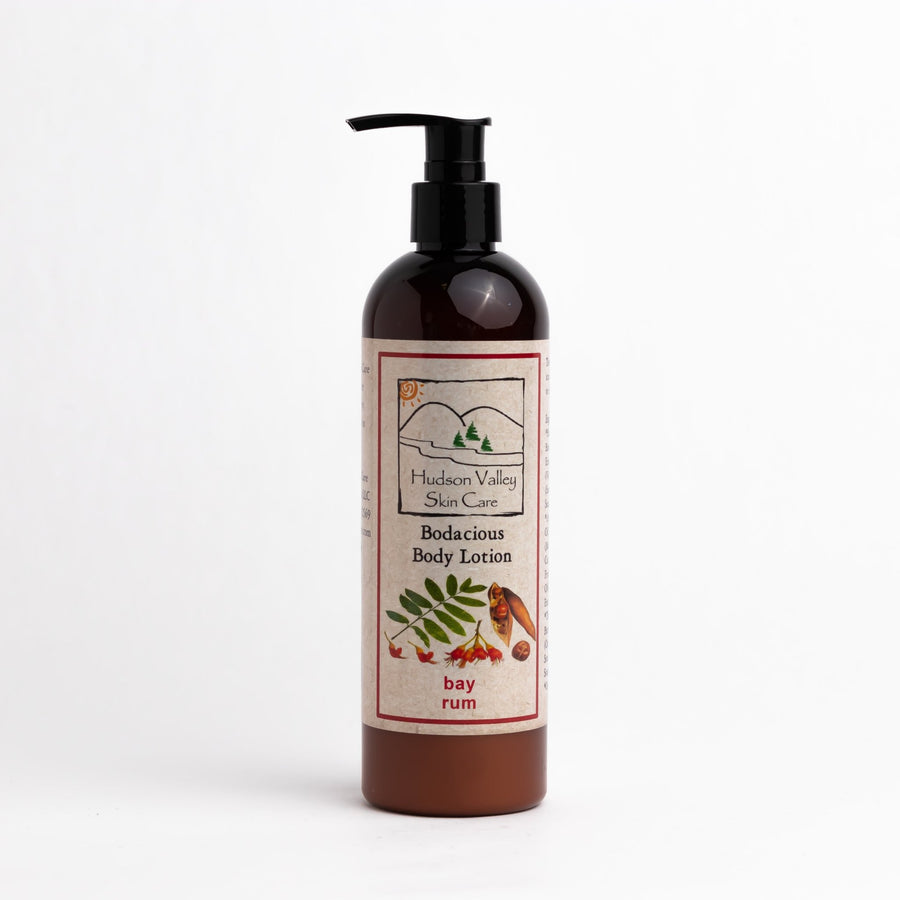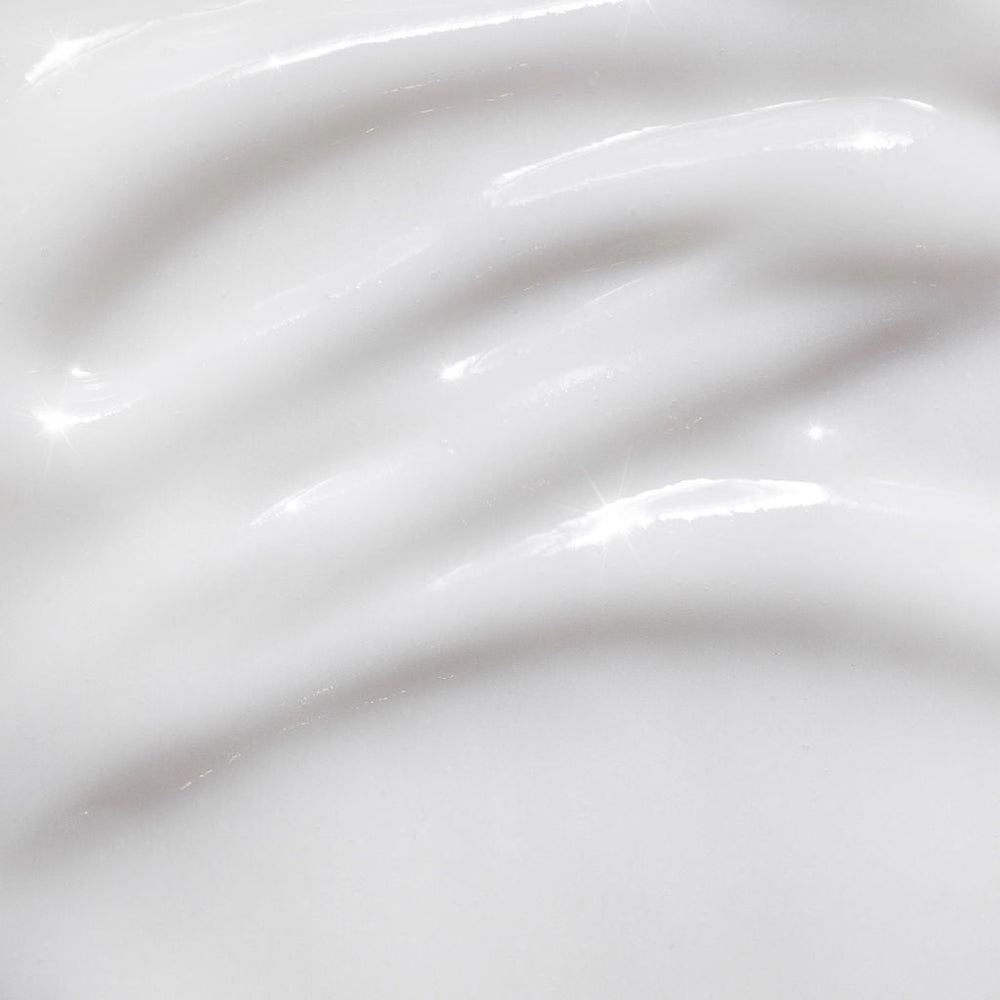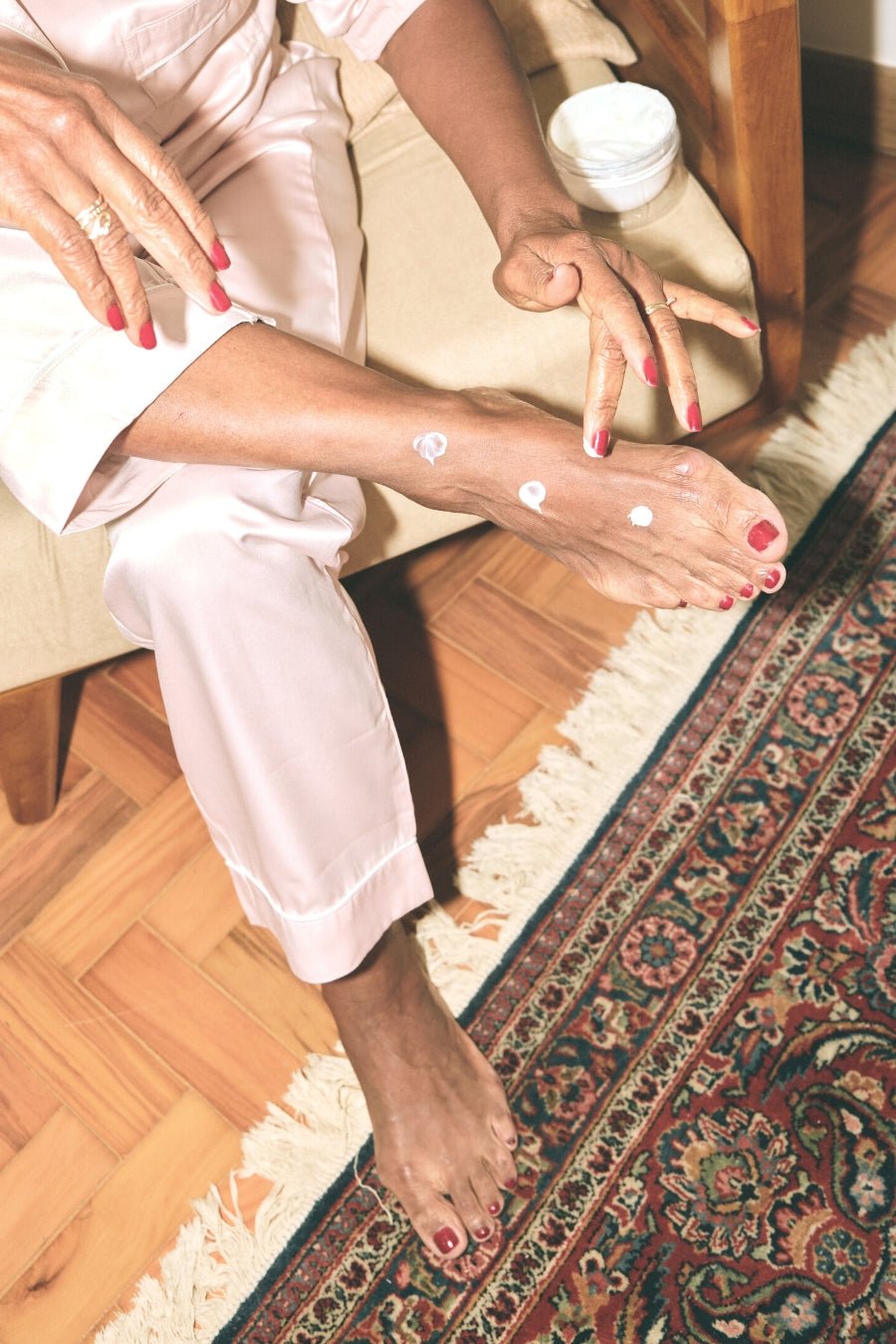What Happens to Your Skin While You’re Asleep?
There's a reason you've probably heard someone tell you to get your beauty sleep. Sleep is when the magic happens, and healing begins. Our bodies enter a repair mode where it works tirelessly to repair all the damage that occurs throughout the day (and beyond) while we sleep. Sleep affects more than just your brain fog and mental clarity throughout the day. How well you sleep affects the health of your skin.
During the day, you perform your skin routine morning and night and use products that boost the health of your skin through the application of nutrients and moisturizers, but at night, your body is doing all the work. A lot happens when you sleep, and it's essential to understand what happens to your skin so you can craft a nighttime skin routine to optimize the health of your skin.
What Happens to Your Skin When You Sleep?
A good night's sleep is essential to help you feel well-rested and refreshed in the morning, and the same goes for your skincare. So now, what is your body doing to help your skin at night?
Your Skin Loses Moisture – During the night, you lose more water as you sleep due to transepidermal water loss, where your sebum production slows. To combat this, you want to be sure to use humectant moisturizers during your nighttime skincare routine to help lock in moisture and hydrate your skin throughout the night.
Your Collagen Production is Increased - While you sleep, your body's repair mode also increases collagen production, which minimizes the effects of aging. It would help if you took advantage of this natural boost in Collagen by using retinoids or antioxidants that promote Collagen without the sensitivities of the sun.
Your Hormone Levels Will Fluctuate – As you sleep, your body produces less harmful stress hormones and more growth and repair hormones. These hormones work to repair damaged skin cells. When you don't get enough sleep, your body can turn on you and start to produce more stress hormones. This causes inflammatory skin conditions and acne breakouts. And if you aren't entering deep sleep, your cell turnover cannot happen, which can show signs of early aging.
Your Skin Cells Regenerate – At night, all repairs happen in your body, including the turnover of your skin cells. Your skin cells will renew at peak levels when you sleep.
Shape Your Nighttime Skincare Routine for Sleep
When you prep your skin for a good night's rest, you want to maximize the therapeutic benefits of sleep. Tailor your skincare routine to aid your skin healthy while you sleep. You want to maximize the skin's renewal process and help compensate for the night's moisture loss you will experience.
At night you want to be sure to detoxify and cleanse your skin thoroughly to remove all toxins that have built up throughout the day. Use retinol to help boost collagen production and hyaluronic acid to reduce the effects of water loss. Use a quality moisturizer and natural oil to lock in moisture throughout the night.








